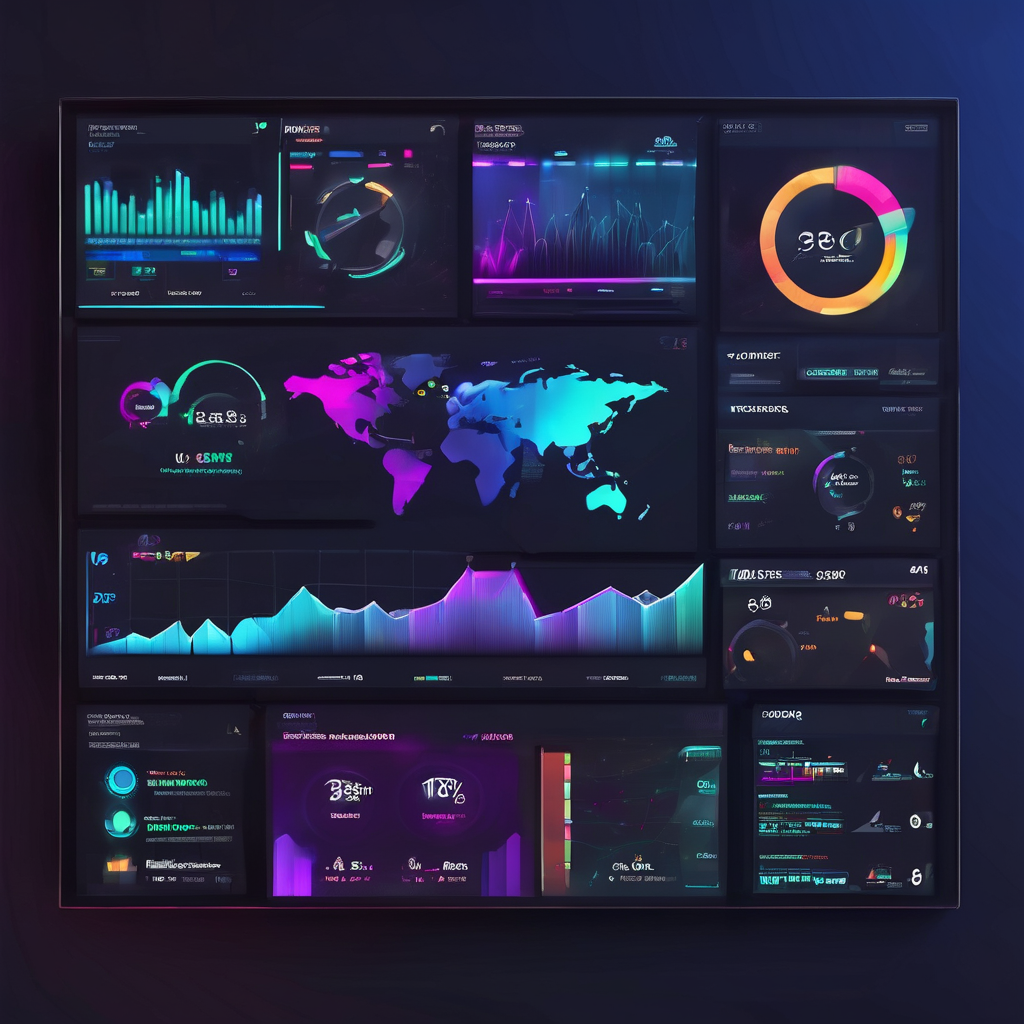
Deepfake technology has advanced rapidly in recent years, enabling the creation of highly realistic videos that depict individuals saying or doing things they never actually did. This revolutionary innovation leverages artificial intelligence and machine learning techniques to manipulate visual and audio content, producing videos that often appear indistinguishable from authentic footage. While these developments offer promising applications in entertainment, education, and the creative arts, they also raise serious concerns about the authenticity and reliability of video materials. The capability to generate convincing deepfake videos presents significant challenges to video authenticity and generates ethical dilemmas across various fields. Experts warn that deepfakes could be misused for spreading misinformation, defamation, and undermining public trust in visual media. As manipulated content grows more sophisticated and widespread, it becomes increasingly difficult for the average viewer to differentiate genuine from fabricated videos, eroding confidence in digital media and complicating verification efforts. In response to the increasing threat from deepfake technology, tech companies, researchers, and policymakers are intensifying efforts to create robust detection tools. These tools employ advanced algorithms and AI to analyze videos for signs of tampering, such as inconsistencies in lighting, facial expressions, or audio-visual alignment. The aim is to protect the integrity of digital information and enable consumers, journalists, and legal authorities to reliably verify video authenticity. The ethical implications of deepfake technology are far-reaching, impacting politics, journalism, personal privacy, and more. Politically, deepfakes can be weaponized to distort public opinion, influence elections, and propagate false narratives.
Journalists face challenges in verifying sources and content while maintaining their credibility. Individuals are at risk of having their likeness used without permission for malicious purposes, violating privacy and damaging reputations. As creation tools become more accessible to the general public, the potential for misuse increases, requiring comprehensive strategies to tackle these problems. Ongoing discussions among technology experts, ethicists, lawmakers, and civil society stress the need to balance technological innovation with ethical responsibility. Public awareness campaigns are vital to educate people about deepfakes' existence and risks, fostering skepticism and encouraging verification before accepting video content as truthful. Legal frameworks are also being considered or adopted in some regions to deter malicious use and hold offenders accountable. Furthermore, multidisciplinary collaboration is crucial for advancing detection technologies, establishing industry standards, and formulating policies that protect individuals and society while allowing constructive applications of deepfake technology. Educational efforts aimed at enhancing media literacy can empower individuals to critically assess digital content and identify potential manipulations. In summary, while deepfake technology marks a remarkable advancement with useful applications, it simultaneously challenges the fundamental trust placed in visual media. The spread of realistic manipulated videos threatens truth, privacy, and democratic processes. Addressing these issues demands a comprehensive approach that integrates technological innovation, ethical deliberation, legal measures, and public engagement. By promoting awareness and developing trustworthy verification methods, society can better navigate the complexities introduced by deepfake technology and safeguard the credibility of video content in the digital era.
The Rise of Deepfake Technology: Challenges, Ethics, and Detection Tools


C3.ai, a leading enterprise artificial intelligence software provider, has announced a major restructuring of its global sales and services organization to boost operational efficiency and better align resources with long-term growth goals.

Snack manufacturer Mondelez International is utilizing a newly developed generative artificial intelligence (AI) tool to drastically cut costs in marketing content creation, achieving a 30% to 50% reduction in production expenses, according to a senior company executive.

South Korea is poised to make a major advancement in artificial intelligence by planning to build the world’s largest AI data center, with a power capacity of 3,000 megawatts—about three times larger than the existing "Star Gate" data center.

In August 2025, OpenAI announced a major milestone: ChatGPT, its advanced conversational AI platform, had reached an impressive 700 million active weekly users.

Krafton, the well-known publisher behind popular games like PUBG and Hi-Fi Rush, is undertaking a bold strategic transformation by integrating artificial intelligence (AI) into almost every aspect of its operations.

The rise of AI-generated video content has sparked significant discussion in the digital media industry, bringing urgent ethical concerns to the forefront.

Artificial intelligence (AI) is becoming an essential tool for improving user experience and engagement through advanced search engine optimization (SEO) techniques.
Launch your AI-powered team to automate Marketing, Sales & Growth

and get clients on autopilot — from social media and search engines. No ads needed
Begin getting your first leads today